Understanding the marketing funnel: a guide for beginners
|
IN BRIEF
|
The marketing funnel is a crucial framework that outlines the journey potential customers take from first discovering a brand to making a purchase. Understanding this multi-level process enables businesses to strategically guide their audience through various stages, increasing the likelihood of conversions. By mapping the customer journey and creating targeted content for each phase, companies can effectively attract, engage, and convert their prospects, ultimately enhancing their marketing strategies and boosting sales.
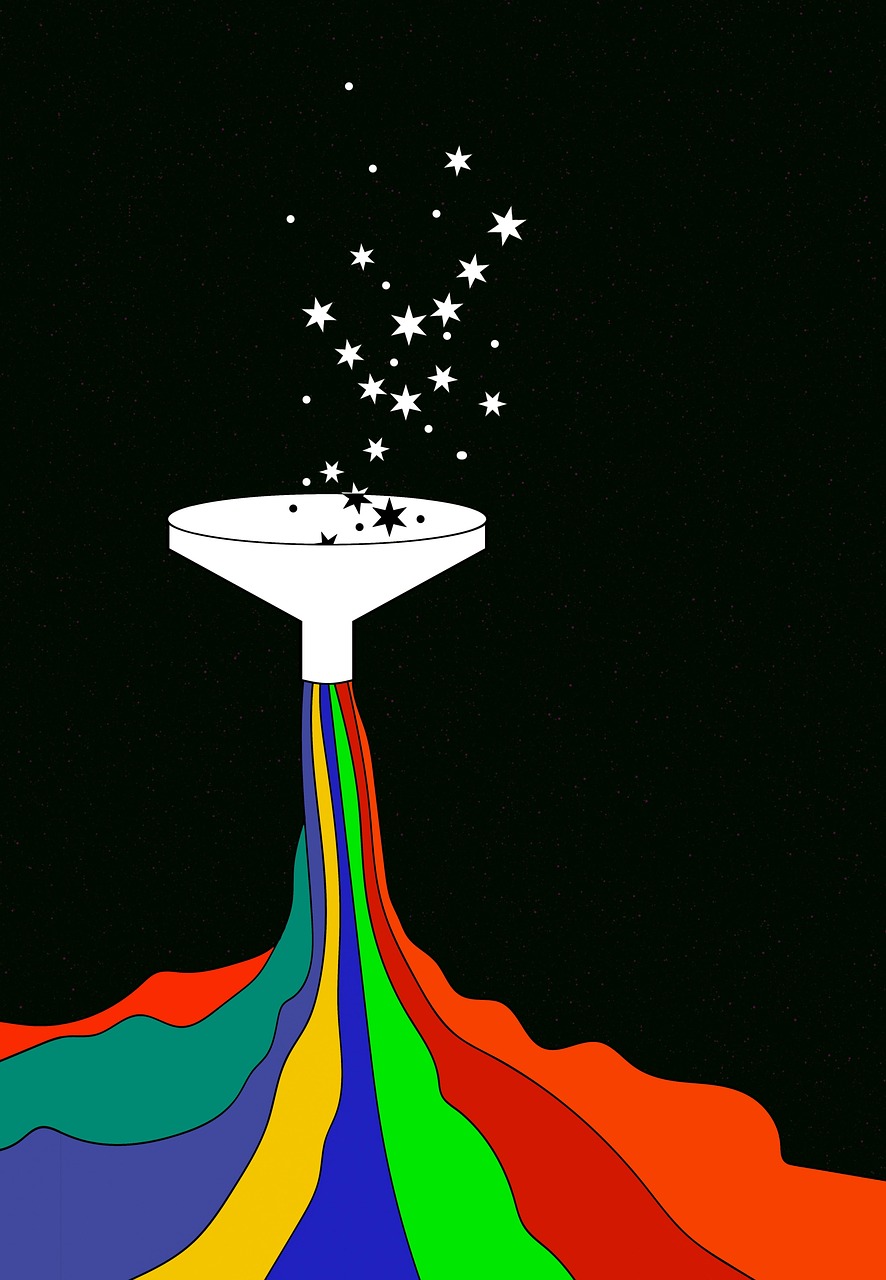
The Marketing Funnel: A Step-by-Step Overview
The marketing funnel is a vital concept in digital marketing that illustrates the journey potential customers take from first learning about a brand to making a purchase. It encompasses several stages, typically starting with awareness, where potential customers become aware of your existence. Following this, they move to the interest stage, expressing a desire to learn more about your products or services. This process continues through further stages such as consideration, intent, and ultimately action, where the purchase occurs. Each of these stages presents unique opportunities for businesses to engage customers effectively.
For instance, during the awareness stage, utilizing strategies like engaging social media content or informative blog posts can draw attention to your brand. Once interest is piqued, targeted email campaigns and detailed product descriptions can help nurture potential customers along their journey. Understanding this framework not only aids marketers in creating effective strategies but also ensures they can support each stage with tailored content, enhancing the overall customer experience and increasing conversion rates.
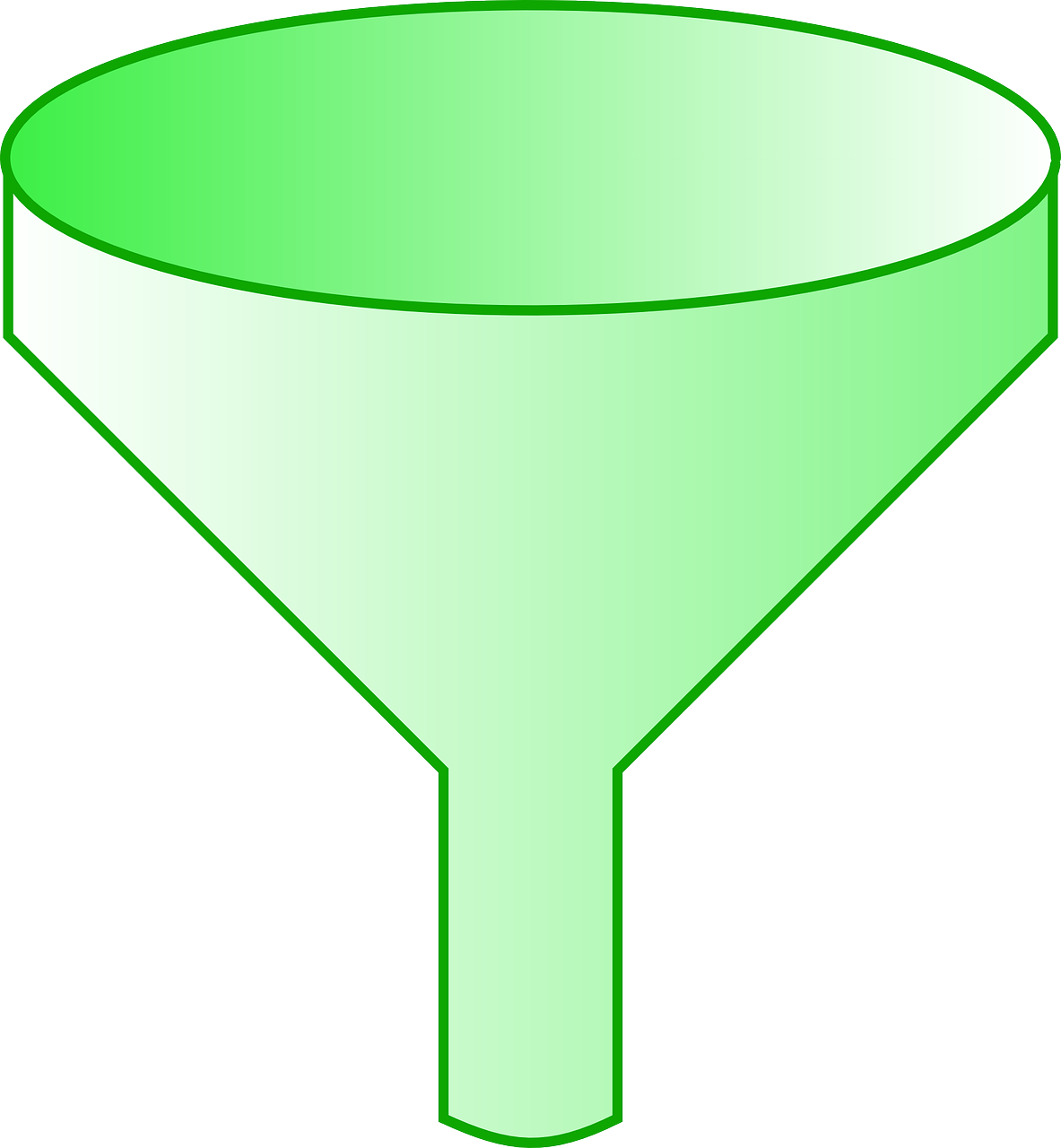
The Importance of the Marketing Funnel
The marketing funnel serves as a vital framework for businesses aiming to navigate the complex journey of potential customers, from initial awareness to the final purchase. It effectively tracks how customers interact with a brand across various stages. According to a study, companies that utilize a well-structured funnel can see an increase in their conversion rates by up to 300%. This journey typically begins with the awareness stage, where businesses must capture attention through compelling content and engaging experiences. For instance, creating targeted blog posts or social media content can resonate well with audiences and draw them in, elevating their interest level.
Once awareness is established, the next phase is generating interest. Customers are seeking valuable information regarding products or services, which presents a crucial time for brands to supply insights while also nurturing relationships. This can be achieved through informative emails, engaging videos, or webinars that explain the potential benefits of a product. For example, a company can utilize a series of interactive ads to inform prospects about their offerings while also directing them to learn more on their website. By comprehensively mapping out these customer touchpoints and producing tailored content, companies can guide prospective clients through each stage, ultimately enhancing the likelihood of conversions.
Additionally, it’s essential to recognize that the marketing funnel isn’t a static model; it’s dynamic and requires ongoing optimization. Regularly auditing each stage ensures that businesses minimize potential leakage points. Implementing analytical tools, such as Google Analytics, allows marketers to track their funnel performance meticulously. By understanding which strategies yield the best outcomes, businesses can refine their approaches, making informed alterations to their marketing tactics. As illustrated on Understanding the Essentials of a Successful Content Strategy, delving deeper into content strategy can remarkably enhance how brands interact with potential customers throughout the funnel.
The Marketing Funnel: Understanding the Journey
Key Stages of the Marketing Funnel
The marketing funnel is a crucial framework for any business looking to enhance its customer journey. It helps in tracking how potential customers transition from discovering your brand to making a purchase. By understanding this multilevel process, businesses can effectively guide customers through each stage of the funnel. Mapping the customer journey is essential; it allows marketers to identify critical touchpoints and create engaging content or experiences that cater to each phase.
For instance, at the awareness stage, the objective is to attract as many prospects as possible. Businesses need to develop compelling content that speaks directly to the needs and interests of their target audience. For example, an engaging blog post or a captivating video can spark interest in a product or service. As potential customers move into the interest stage, it’s vital to provide more detailed information that further engages them.
- Awareness Stage: Utilize SEO and social media to create buzz about your brand.
- Interest Stage: Provide educational content, such as webinars or guides, that addresses specific pain points.
- Desire Stage: Showcase testimonials and case studies to build trust and credibility.
- Action Stage: Offer limited-time promotions to encourage immediate purchases.
By continuously refining your approach based on data analytics, you can optimize each stage of the funnel. This iterative process ensures that you’re addressing customer needs effectively, reducing acquisition costs while increasing overall satisfaction and loyalty. For more insights on building a successful marketing funnel, consider exploring resources like StartupTalky’s Guide or Ahrefs’ Complete Guide.
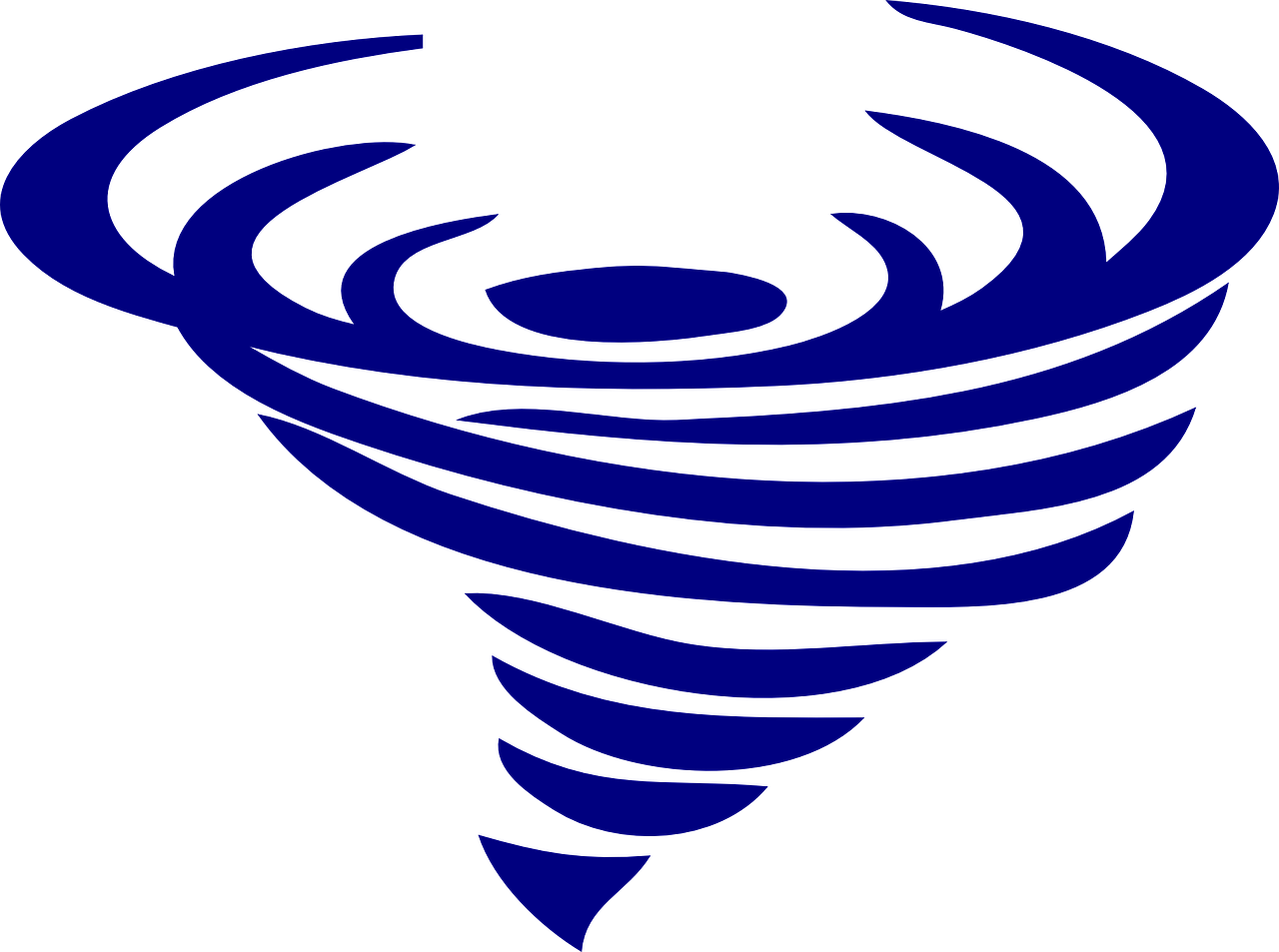
The Marketing Funnel Explained
The marketing funnel serves as a crucial framework for businesses aiming to convert potential customers into loyal patrons. This multilevel process outlines the customer journey from the first moment of brand awareness all the way to the point of purchase. By understanding the different stages—Awareness, Interest, Desire, and Action (known as the AIDA model)—businesses can effectively strategize their marketing efforts.
Initially, the goal at the awareness stage is to attract a wide audience. Effective content creation tailored to resonate with potential customers is essential. As prospects move through the funnel, they transition into the interest stage, where employers should provide engaging and informative content that captures their attention further. The desire stage focuses on nurturing this interest, showcasing benefits and unique selling propositions that incite a genuine inclination towards the product or service. Finally, the action stage is where the goal culminates—prompting the potential customer to make a purchase.
Moreover, businesses benefit from continuously refining their marketing funnels. Regular audits using tools like Google Analytics can uncover any potential leaks in the funnel, allowing businesses to make data-driven adjustments. Therefore, a well-structured and actively optimized marketing funnel not only enhances customer acquisition but also builds a loyal customer base that advocates for the brand, creating a cyclical effect of brand awareness and conversion.

The marketing funnel serves as a vital framework for guiding potential customers on their journey from discovering your brand to making a purchase. It consists of several stages including Awareness, Interest, Desire, and Action. Each stage requires a tailored approach to ensure that your content resonates with the target audience and effectively meets their needs.
At the top of the funnel, the goal is to attract a wide range of prospects. As they proceed through the funnel, it’s essential to engage and nurture their interest, ultimately leading to conversions. A well-designed funnel not only increases the chances of sales but also enhances customer retention, creating loyal brand advocates.
In essence, understanding the marketing funnel allows businesses to strategically refine their marketing efforts, ensuring a smooth transition for customers at each stage. By continually optimizing the funnel based on data insights, businesses can eliminate obstacles, thereby enhancing overall performance and driving growth.
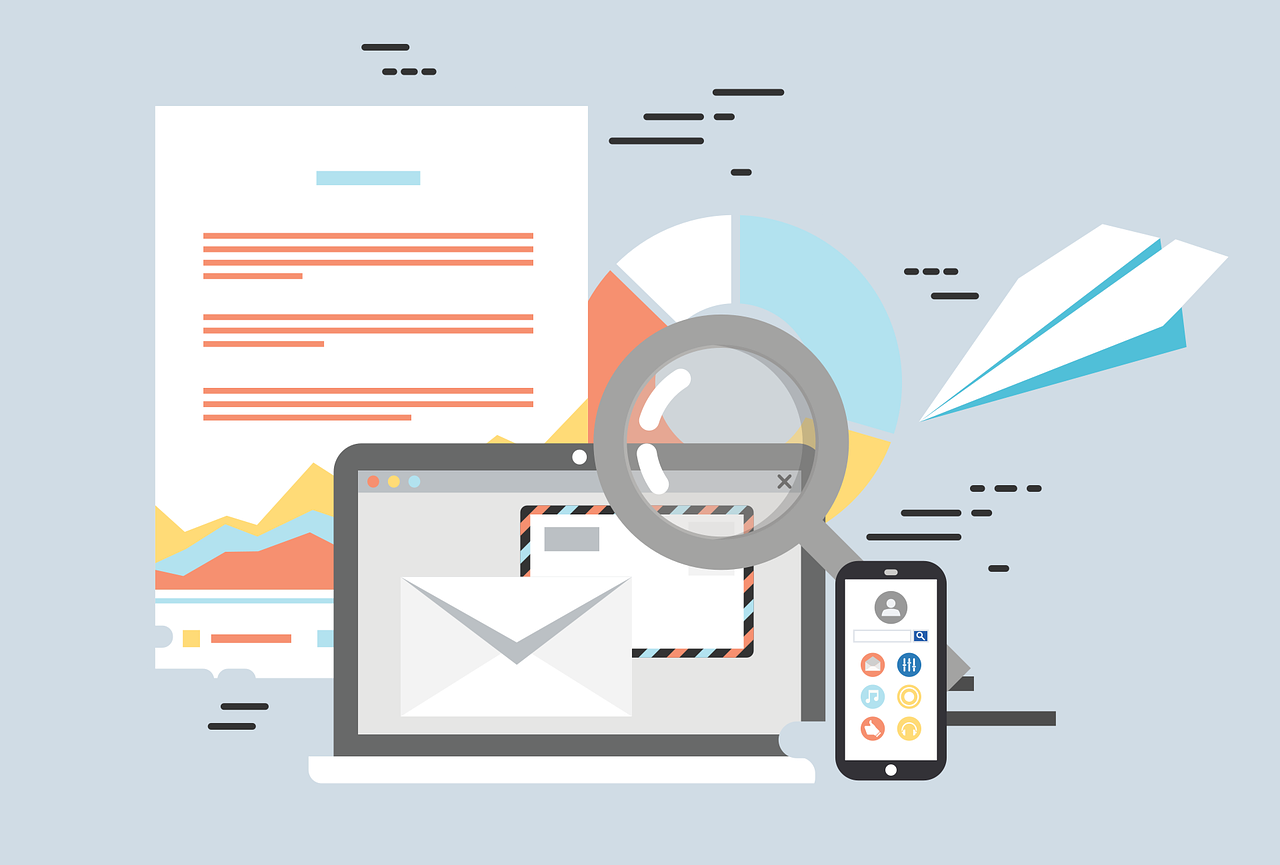





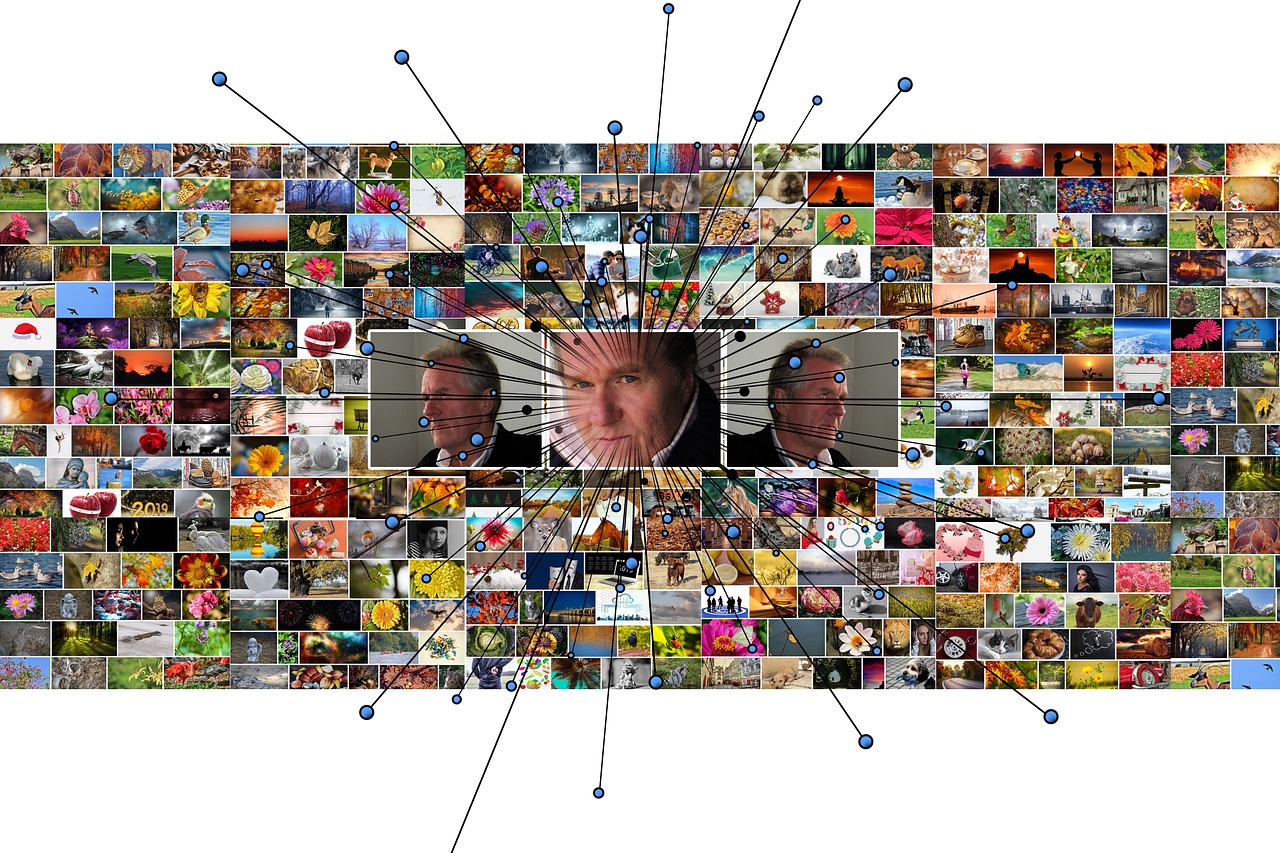


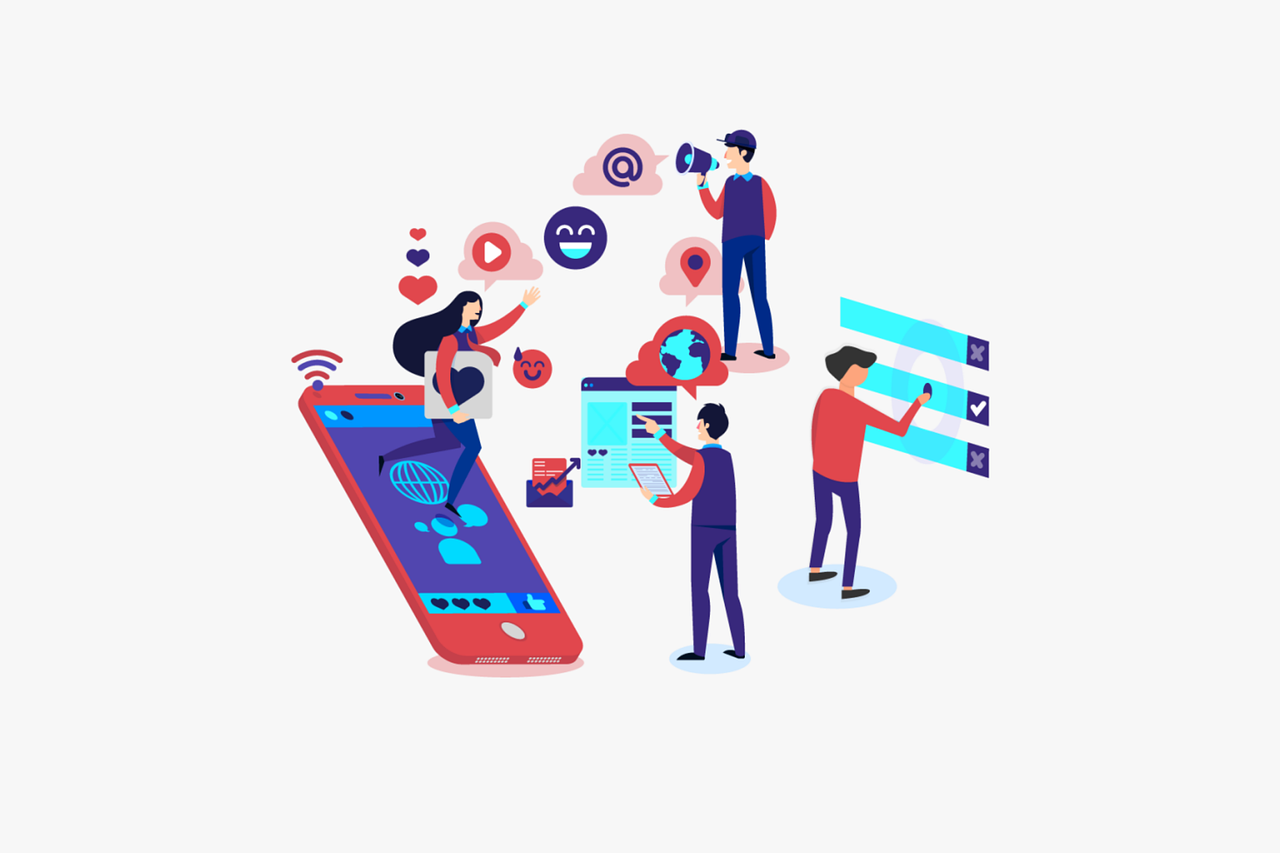


Post Comment